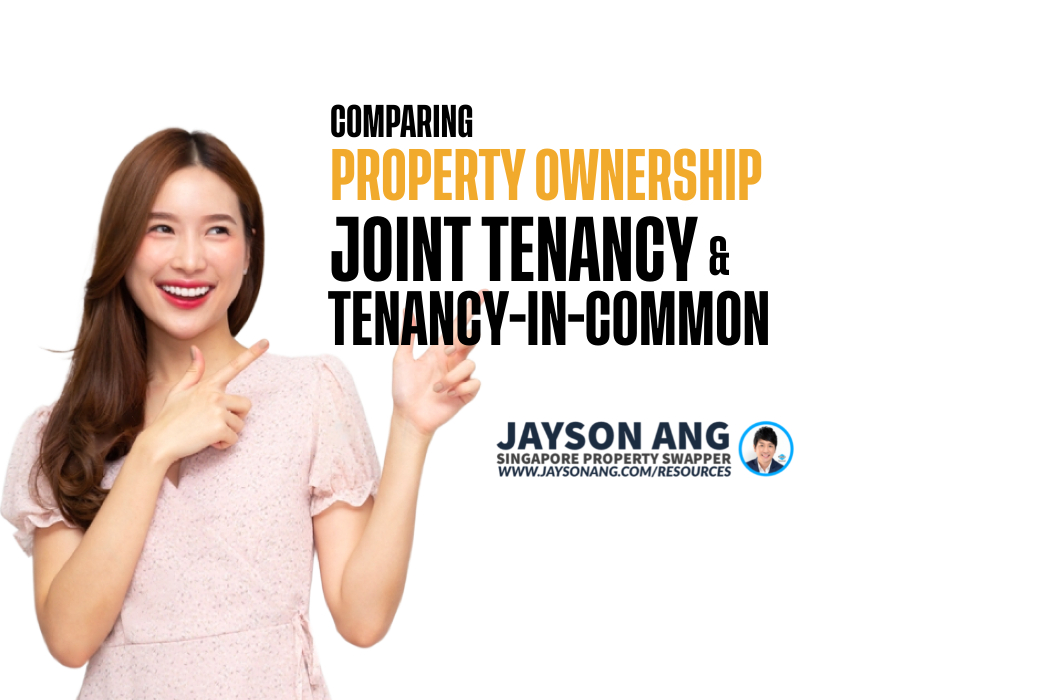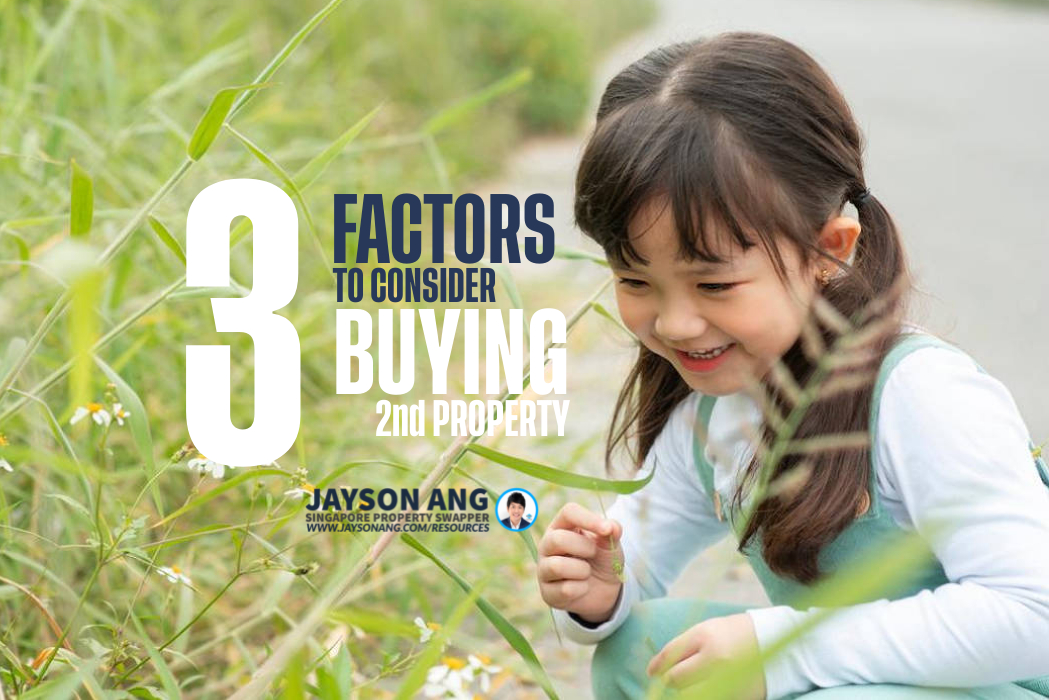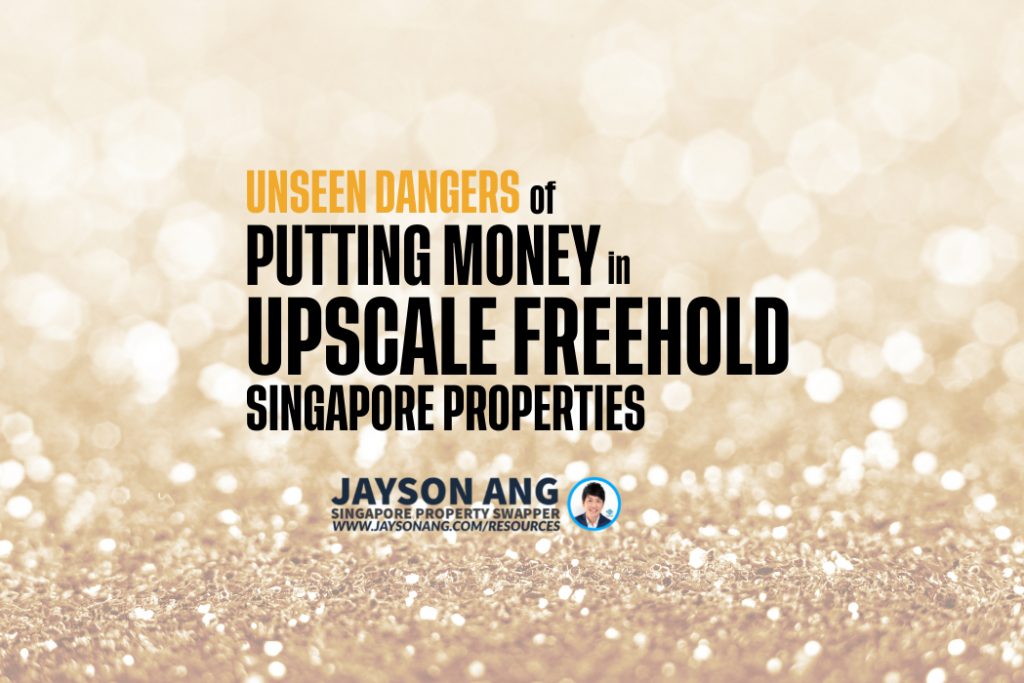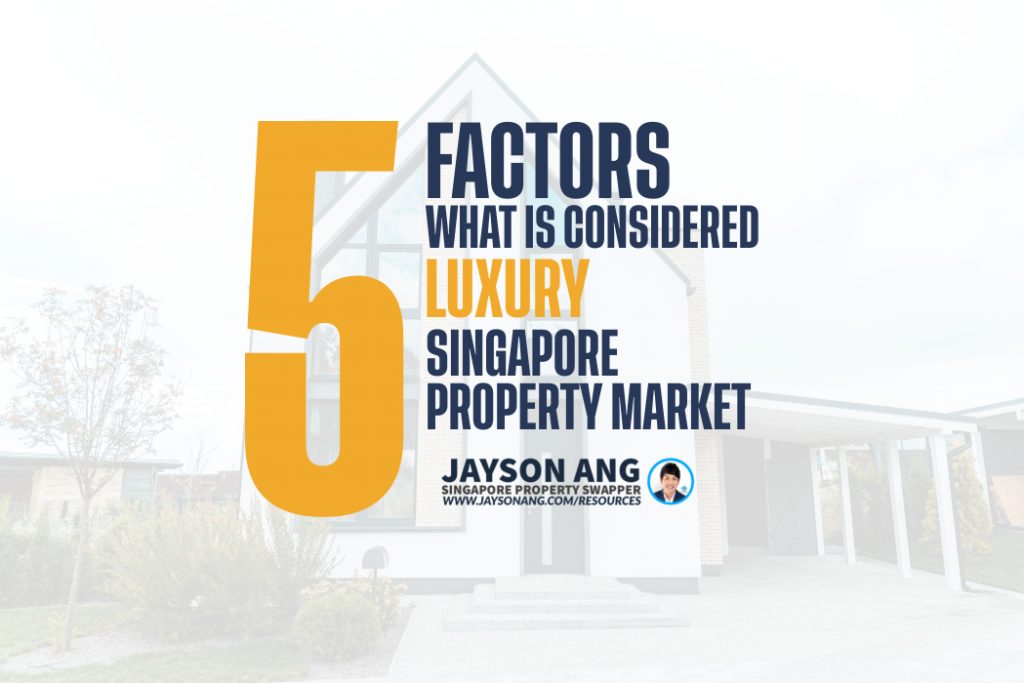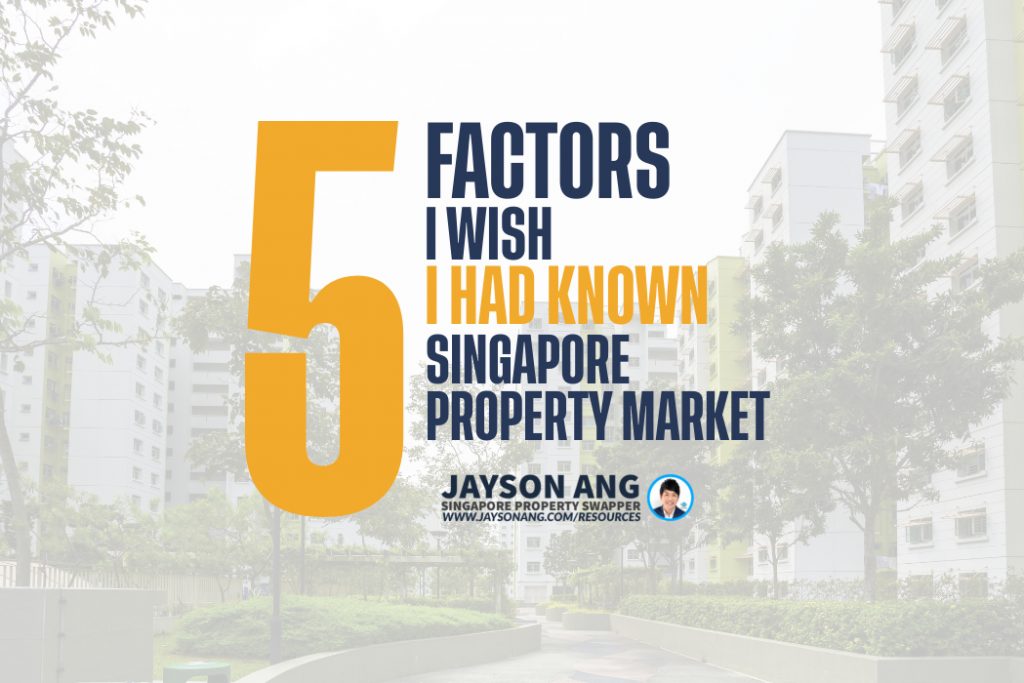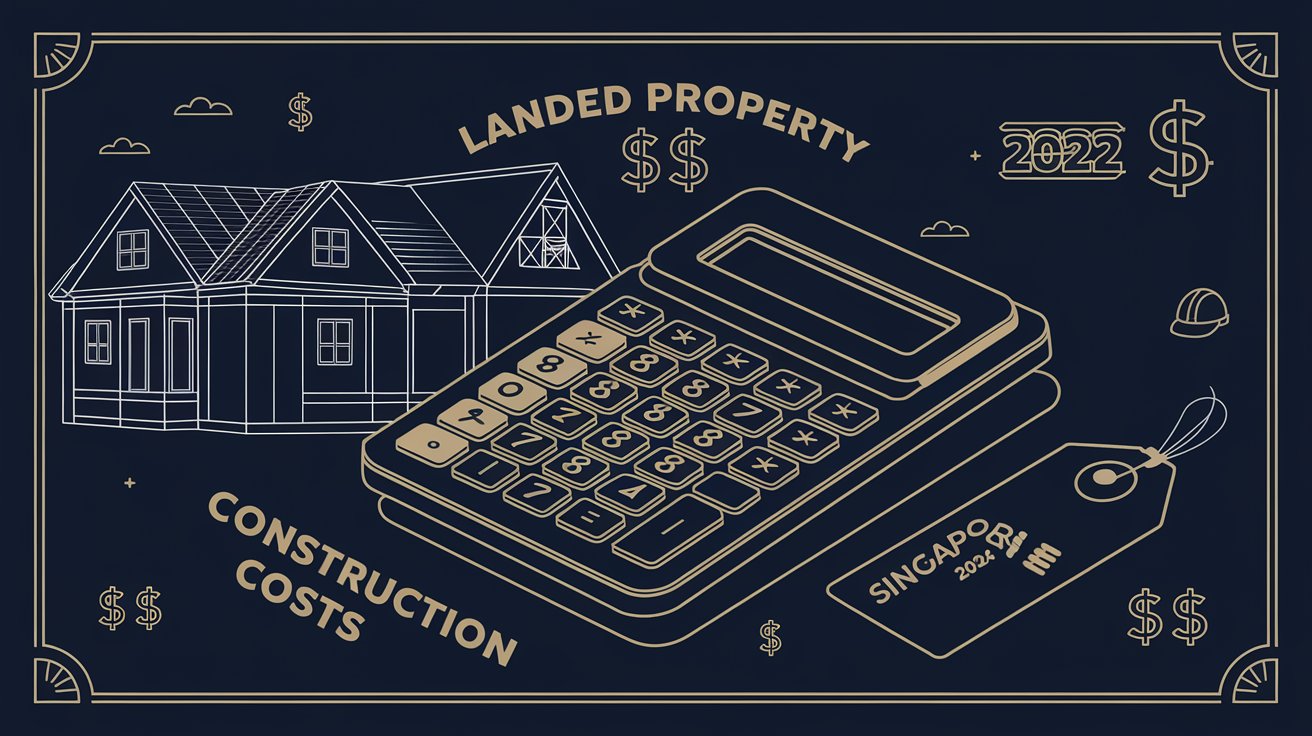TLDR
When a property has multiple owners, the choice of ownership type is crucial to determine how shares are distributed upon a co-owner’s passing. Joint tenancy involves unanimous decisions and automatic transfer of shares to remaining co-owners upon demise. Tenancy-in-common allows independent stakes and share distribution based on investments or Wills. Couples often choose joint tenancy for automatic inheritance, while friends opt for tenancy-in-common for distinct share allocations. Singles can consider Joint Singles Scheme for co-owning properties. Careful consideration of advantages and disadvantages is essential, as switching ownership methods requires time and resources.
When a property has multiple owners, many may not realize the critical decision they must make regarding its ownership type. This choice dictates how the property’s shares will be allocated upon the passing of a co-owner. Therefore, making a prudent decision is paramount for surviving co-owners to prevent potential disputes over property ownership in the event of a co-owner’s demise.
In this article, we will delve into the intricacies of two ownership methods available to multiple property owners. Additionally, we will explore which ownership type is best suited for various scenarios, ensuring that your property remains in the right hands.
When a property has multiple owners, they often overlook the need to select a type of ownership. Yet, this decision holds significant weight in determining how the property’s stake is allocated after a co-owner’s passing. Thus, it is crucial for the remaining co-owners to make a wise choice to avoid potential conflicts over property ownership in the event of a loss.
In this piece, we will delve into the two possible ways of holding property with multiple owners. We will explore each method’s benefits and drawbacks, ultimately guiding you to select the most suitable ownership type for your unique circumstances.
Joint Tenancy
In a joint tenancy, the co-owners hold the keys to the property together. Rather than having individual slices of the property, they each have a hand in the entire pie. This means that any decisions regarding the property must be agreed upon unanimously by all co-owners, and the property itself can only be sold or mortgaged as one unit.
The concept of the right of survivorship adds a layer of intrigue to this arrangement. Should one of the co-owners pass away, their share of the property automatically transfers to the remaining co-owners, solidifying their bond and strengthening their hold on the property.
For example, picture a dynamic trio: John, Jane, and Daisy, who joined forces to purchase a charming HDB flat. Choosing to hold the property under joint tenancy, they created an unbreakable bond, and upon John’s untimely demise, his share of the flat became the precious inheritance of Jane and Daisy. Like a triumphant game of chess, their joint tenancy strategy allowed them to secure their legacy and carry on with their shared abode.
Tenancy-In-Common
Under the arrangement of tenancy-in-common, each proprietor maintains an independent and unique stake in the property. This means that the joint owners must come to an agreement on the division of shares among themselves.
Unlike joint tenancy, the principle of survivorship does not apply to tenancy-in-common. Therefore, the share of a co-owner will be bequeathed to their designated beneficiaries as stated in their Will (if one exists). In the absence of a Will, the Intestate Succession Act will dictate the distribution of the co-owner’s share of the property.
Let’s say, for instance, that three friends, Sally, Donna, and Lisa, decided to pool their resources and invest in a luxurious condominium unit. As astute investors, they opted for tenancy-in-common as their form of ownership. Additionally, they made a conscious decision to assign shares based on their respective investments. Consequently, Sally holds a majority stake of 60%, Donna holds 30%, and Lisa holds the remaining 10%. In the event of Sally’s demise, her beneficiaries will inherit her 60% stake in the unit, while Donna and Lisa will continue to possess their shares of 30% and 10%, respectively, alongside Sally’s heirs. Similarly, the same course of action will apply upon the passing of either Donna or Lisa.
Which To Choose
With every choice comes a set of advantages and disadvantages, making it crucial for co-owners to carefully consider their options before coming to a decision. While switching from one method of holding to another is a possibility, it requires both time and resources.
For couples seeking a place to call home for their growing family, joint tenancy proves to be a favorable option. In fact, it is the go-to for newlyweds looking to purchase a residential property. This form of holding ensures that the family home will automatically be passed on to the surviving spouse.
On the other hand, a parent who wishes to secure an early inheritance for their child may choose to hold the property jointly with their offspring. This arrangement allows for a seamless transition of ownership upon the parent’s passing.
For friends venturing into property investment together, tenancy-in-common offers a more suitable solution, especially if each person contributes a different amount towards the purchase. This type of holding allows for distinct shares to be carved out for each co-owner, which can then be passed on to their respective beneficiaries.
Even singles can find a suitable option for co-owning a property, such as under the Joint Singles Scheme (JSS) for HDB flats. This arrangement is open to two or more single Singaporeans aged 35 and above, allowing them to purchase a resale HDB flat together. While currently limited to non-mature estates, the JSS will expand its scope to include any location in the second half of this year.
Should You Buy, Sell or Wait?
If you’re reading this, you must be trying to figure out the best course of action right now: is it the right time to buy or sell?
It’s difficult to give an exact answer since everyone’s situation is unique and what works for one person may not necessarily work for you.
I can bring you a wealth of on-the-ground experience and a data-driven approach to provide clarity and direction. From beginners to experienced investors, our top-down, objective approach will help you on your real estate journey.
I can help you by:
- Offering Strategic Real Estate Advice – I can help create a comprehensive plan to guide you through your property journey.
- Connecting Your Home with the Perfect Buyers – Through stunning visuals, an effective communication strategy, and an in-depth knowledge of the market, we’ll ensure your home is presented in the best possible way to fulfill your goals.
You May Also Like …

